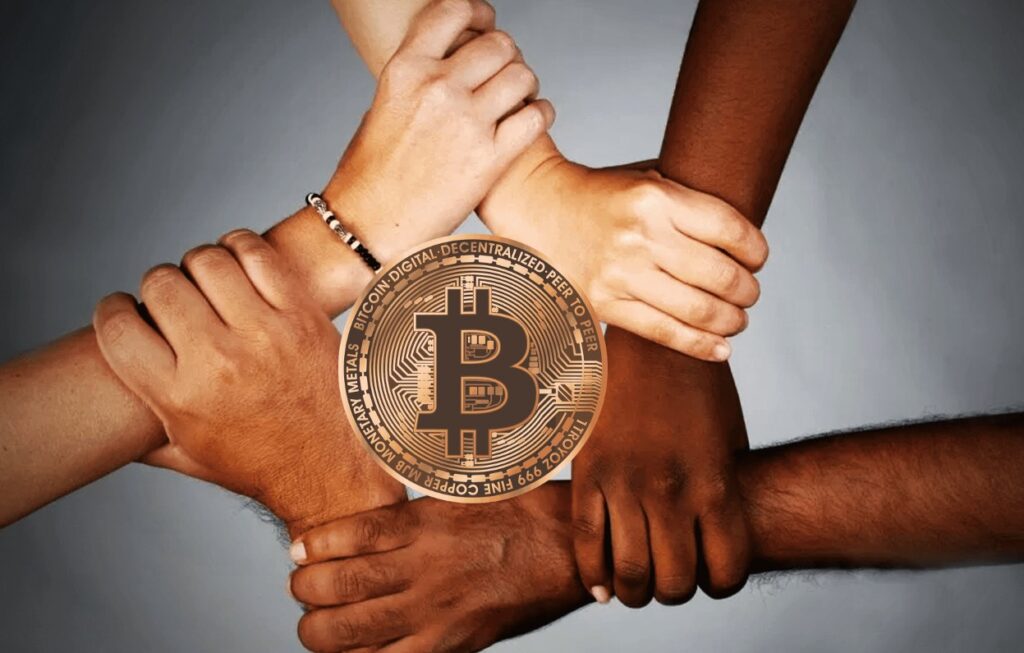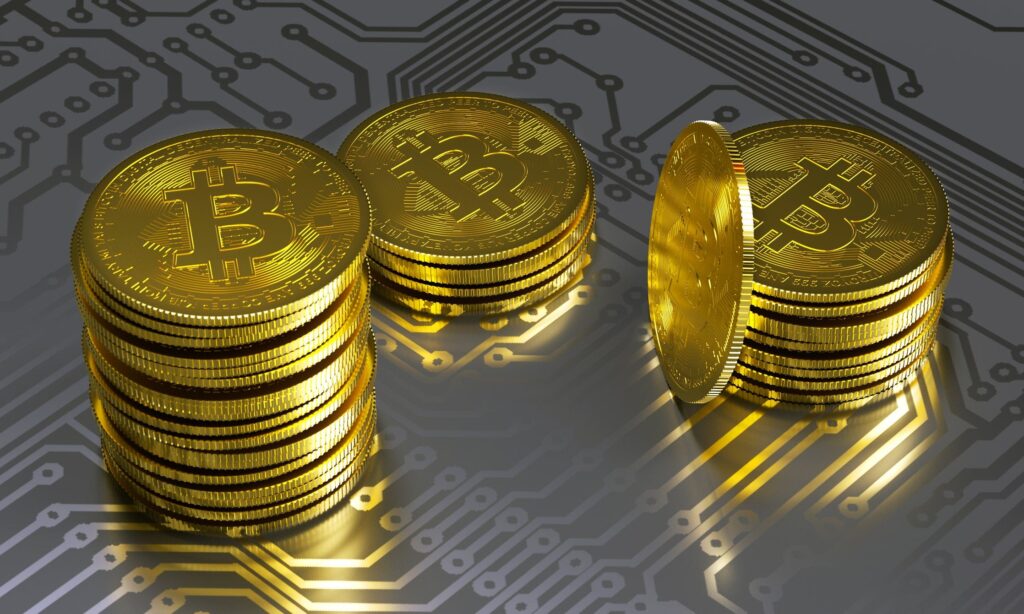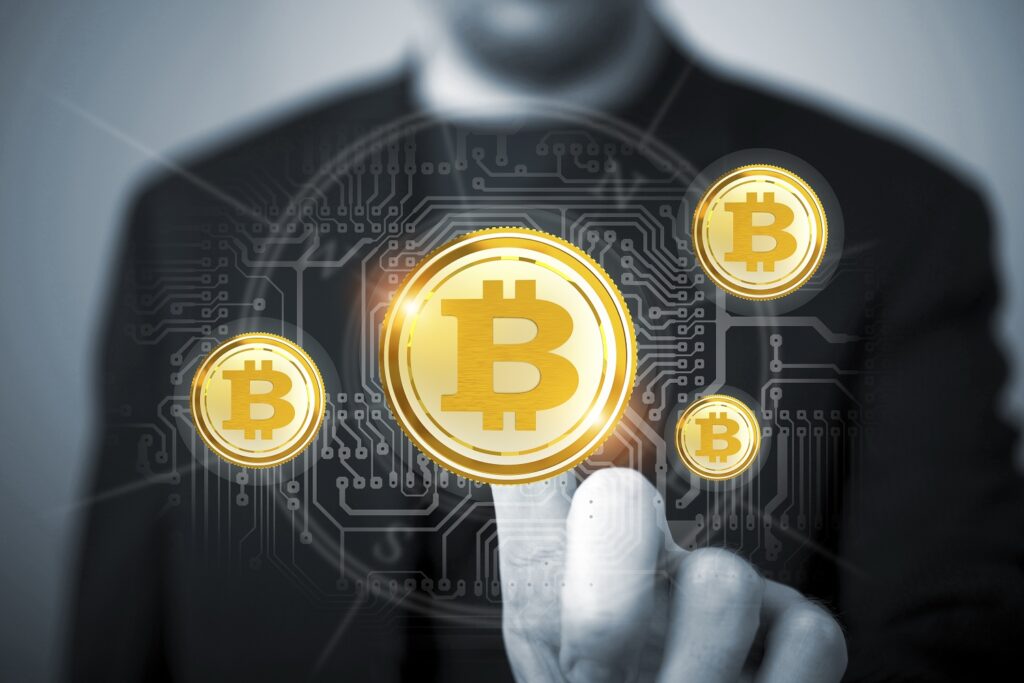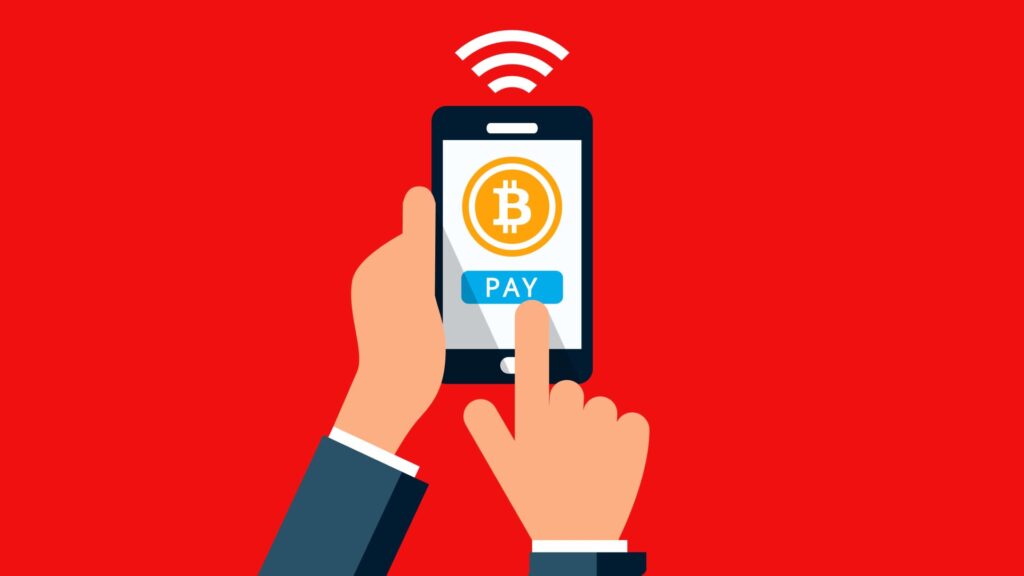Do you intend to purchase Bitcoin for the first time? You’re not the only one who feels this way. Given its huge price swings and the expanding number of people who use Bitcoin and other digital currencies for everyday purchases, it may appear to be a no-brainer.
However, you cannot simply dip your toes into the burgeoning sector without first conducting thorough research, particularly on the potential problems you may encounter along the way.
As a result, this article is a compilation of seven things you should be aware of before purchasing Bitcoin. While this article concentrates on Bitcoin, a majority of the issues raised apply to a wide spectrum of cryptocurrencies operating in the market.
1. Bitcoin is created for everyone

Bitcoin’s appeal is that it is open to everyone. You don’t have to be an accredited investor to buy Bitcoin if you conceive of it as an investment. Unlike traditional markets that are only open to the wealthy, its decentralized nature allows it to be accessed by anybody.
You can not only buy Bitcoin, but you can also assist in its creation through a process known as mining. Individuals can join Bitcoin mining pools and earn modest returns. While mining has become a game for those with significant money reserves, several people are building mining rigs to earn various cryptocurrencies.
Want to trade Bitcoin? Visit bitcoincircuitnow.com/pt/login to know more.
2. Bitcoin is a decentralized form of money
The fact that Bitcoin is decentralized is one of its most distinguishing features. Unlike traditional currency, it is not controlled by a single authority, which can be advantageous but also causes issues. Because no one is in charge, you are in command of what happens to your Bitcoin.
If you are hacked or become a victim of a fraud and lose Bitcoin, there is no one you can turn to for help. There is no service to which you may file a complaint or get these inaccuracies corrected. So, before you start buying and selling Bitcoin, double-check all your transactions.
3. Bitcoin is a highly volatile currency

Okay. You presumably already knew that one. Since its debut, Bitcoin has demonstrated that it is a very volatile asset. Bitcoin’s price can fluctuate dramatically and unpredictably in a short period of time.
Bitcoin’s price can skyrocket and then plummet in a matter of hours or days. What happened in December 2017 is a fantastic illustration. The dominant digital currency hit a peak of more than $19,000, but dropped to less than $12,000 in less than a week.
Bitcoin’s price is influenced by supply and demand. When there are more people buying the asset, the price rises, and when there are more people selling, the price falls.
Bitcoin reacts to market news as well. Positive news about cryptocurrency adoption, for example, tends to boost Bitcoin’s price, but events involving cryptocurrency regulation or restrictions have the reverse impact.
4. Bitcoin is not anonymous
This could be different than what Bitcoin told you. The cryptocurrency is not anonymous. Thus you must try to protect your privacy. Bitcoin transactions are permanently preserved on a public record so that anybody may observe the history and balance of your transactions.
While your address may not appear with your transactions, government authorities have the capability to track your identification addresses. If you’re concerned about privacy, then you can think about trading in ZCash or Monero for anonymous transaction features.
5. Bitcoins are transparent

Bitcoin is probably the world’s most open payment option, mainly because of its underlying distributed ledger, blockchain technology.
Every transaction on the network is public, traceable, irreversible, and stored publicly on the Bitcoin blockchain. The information is updated and transmitted every time you buy and sell Bitcoins for everyone to see.
However, your personal information, such as your name and address, does not appear for everyone to view. To send and receive BTC, you only need a Bitcoin wallet address.
One of Bitcoin’s most compelling features is its ability to immediately and at a low cost send money from one person to another around the world. In contrast, Bitcoin does not rely on intermediaries to settle the transactions in a typical fiat currency world. Instead, you’ll just have to pay the blockchain fee, which is a tiny levy that covers the cost of energy used to settle your transaction on the blockchain.
6. Bitcoin is a taxable asset
If you live in the US, you’ll have to pay taxes on any Bitcoin gains you make. Alternatively, you might make a donation in cryptocurrency. When it comes to taxation, you should be cautious about how your country or jurisdiction handles Bitcoin.
The profits you make from purchasing and selling Bitcoin are considered capital gains in some countries, and you must disclose them for tax purposes. When you make a loss, you may be able to pay lower taxes.
Check with your accountant before purchasing Bitcoin, as evading taxes is a serious crime in some countries and might land you in legal trouble.
7. Bitcoin is a commonly recognized payment method

Many individuals consider Bitcoin to be an investment. However, digital currencies may be used as a payment method. That’s correct. The same as individuals use dollars. It might be used in the same way as fiat currencies are used to purchase products and services.
Mobile cryptocurrency wallets now make it simple to pay with Bitcoin or any other cryptocurrency via QR code or accessible phone features.
Furthermore, the availability of cryptocurrency debit cards has enabled thousands of cryptocurrency holders to spend their digital assets on the fly, even in stores that do not accept bitcoin.
The Final Word
Investing in Bitcoin has the potential to pay out handsomely. However, you should approach it with caution and knowledge due to its unique character and evolving position.
You’ll have a simpler and safer time managing your Bitcoin if you know what to expect ahead of time. Before you buy or trade cryptocurrency, be sure you understand the industry’s nuances. With this knowledge, you can make informed Bitcoin investments.
